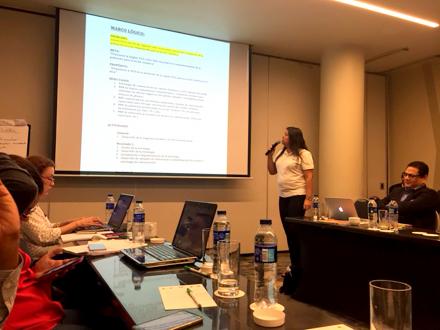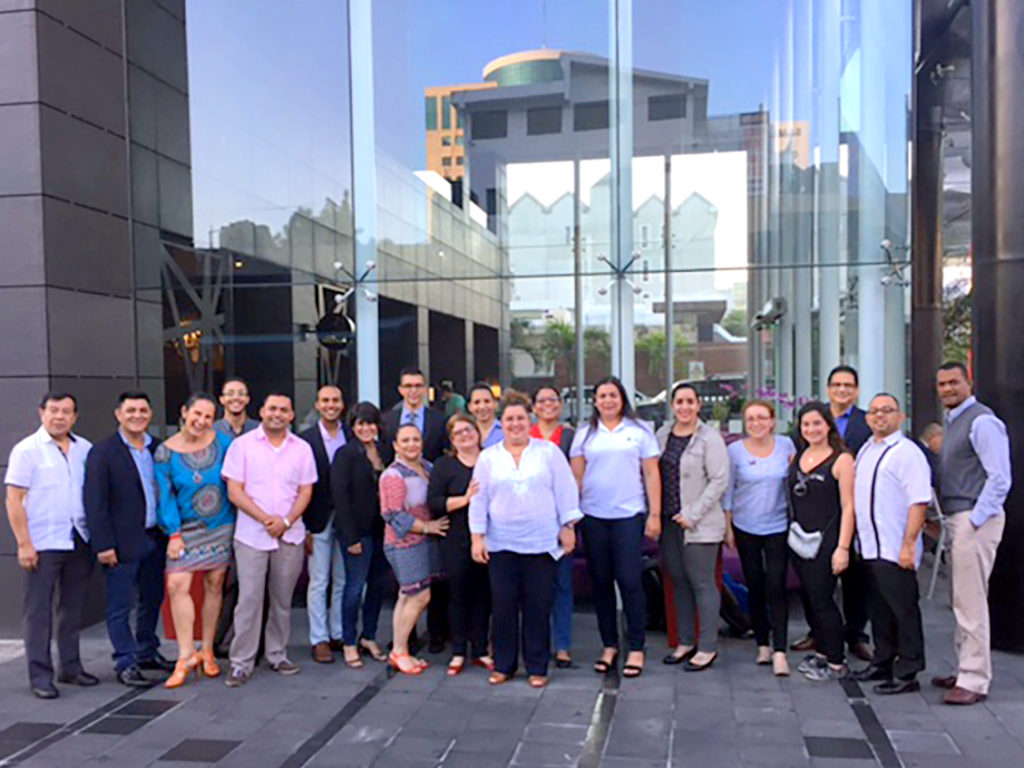At the workshop on climate and education finance, representatives from the Ministries of Education and Environment of the Central American Integration System (SICA) countries joined efforts in drafting a regional project to enhance climate change learning. Seven out of the eight SICA countries participated (El Salvador, Guatemala, Costa Rica, Panama, Honduras, the Dominican Republic and Nicaragua).

The workshop took place in Santo Domingo, the Dominican Republic from 6 to 7 April 2017. The workshop followed by a webinar on climate change finance organized by the UN CC:Learn Regional Hub for Central America and the Frankfurt School-UNEP Collaborating Center for Climate and Sustainable Energy Finance. The proposal drafted by the SICA countries is ambitious, which aims to achieve the goal “To position the Central American Integration System (SICA) region as the global leader in population empowerment for climatic action”, with 50% of the population expected to be empowered for climate action within five years. Empowerment will be achieved through various interventions and measured according to national standards.
The proposal includes specific activities to build the capacity of teachers, students and community members for climate action. It also includes the set-up of a climate change education and awareness raising portal; the formulation, endorsement, and execution of a regional climate change communications strategy; national and regional experience exchange fora; training; and various activities related to the elaboration and enhancement of climate change teaching and training materials.

In this initiative, as for the first of regional scope in the world, the countries are expected to work together and share the knowledge each country has accumulated in the past years for building the capacity of populations to fight, anticipate and deal with climate change impacts. The project is based on the priority themes included in the Regional Action Plan for Climate Change Learning (2017-2022), which is proposed as the next phase of the UN CC:Learn initiative in Central America.
